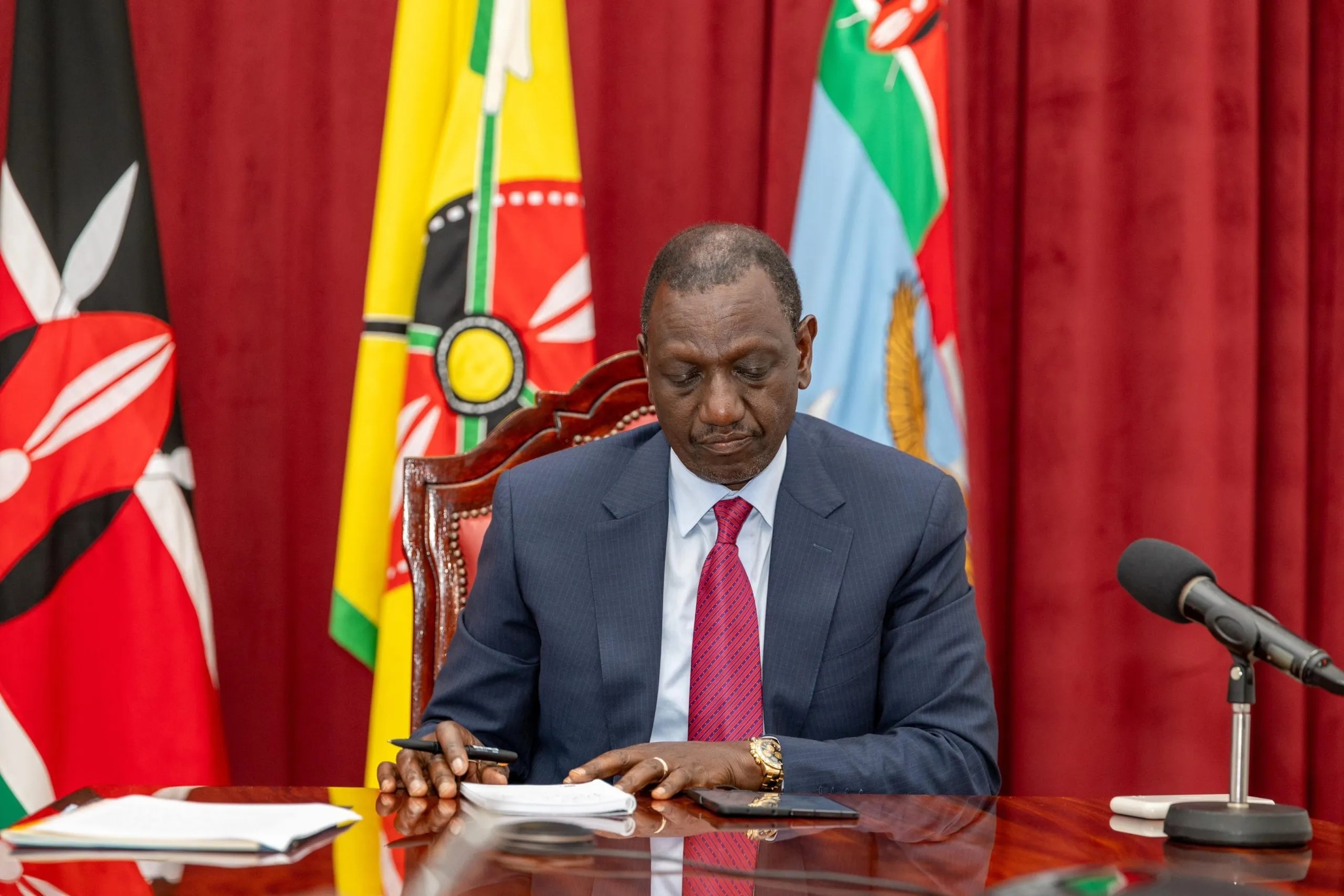Kenya and other emerging markets are more likely to benefit from the blockchain technology and cryptocurrency boom more than the developed nations.
George Mwakisha, the Business Development Manager for East Africa at Binance, the world’s leading blockchain ecosystem and cryptocurrency infrastructure provider, says that the impact of volatility of African currencies against the international currencies can be reduced since the value of the cryptocurrencies (stablecoins) is stable across markets.
Mwakisha says that remittances, cross-border transfers and settlements are some of the biggest use cases for crypto as it innovates the way Africans make payments.
“The world is more connected than ever as people and businesses now operate across country lines. Current traditional finance can be limited in terms of how long transactions take, how much it costs and the difficulties of exchanging currencies,” says Mwakisha.
He adds that in Africa, crypto is currently opening new ways for small and medium-sized businesses toget easy access to investors’ funds.
Industry data shows that Binance has continued to experience immense growth across Africa, making it one of the fastest-growing regional markets for the company within the year.
Binance is the world’s leading blockchain ecosystem and cryptocurrency infrastructure provider behind the world’s largest digital asset exchange by trading volume and users, serving a greater mission to accelerate cryptocurrency adoption and increase the freedom of money.
The platform has a portfolio of crypto products and offerings, including trading and finance, education, data and research, social good, investment and incubation, decentralization and infrastructure solutions and more.
The boom has seen Kenya become a key player with a large share of its population owning and transacting with cryptocurrencies in Africa.
“Kenya is a key market for us, the increased internet penetration is proving key in our operations,” A report by the United Nations Conference on Trade and Development says that 8.5 per cent of the population, or about 4.25 million people own cryptocurrencies such as Bitcoin in the country.
The 8.5 percent ranks fifth in the world, with the U.S. at 8.3 percent of the population ranking sixth.
Despite the increased adoption of cryptocurrencies in the country, the market is not yet regulated in Kenya.
Mwakisha notes that if the Kenyan government can accept crypto as a legal tender, it can accelerate its uptake, as well as benefits, in the country.
While financial regulatory bodies across the world are working to find common standards for cryptocurrencies, regulatory acceptance remains one of the biggest challenges.
As distributed ledger technology is still in the nascent stage, it raises a number of questions for regulators and policymakers at national and international levels.
In an attempt to regulate the sector, an amendment was introduced to the Kenyan Capital Markets Law in November that would require those who own or deal in cryptocurrencies to provide the capital markets Authority with information on their activities for tax purposes.
This is the first time Kenya has extended financial regulation to cryptocurrency.
The amendment sponsored by Mosop MP Abraham Kirwa will provide for specific provisions to govern digital currency transactions in Kenya, including the definition of digital currencies, its creation through crypto mining and provide for regulations around the trading of digital currencies.
Under the Capital Markets (Amendment) Bill, Kenyans would pay capital gains taxes to the Kenyan Revenue Authority (KRA) when they sell or use digital currencies.
Cryptocurrency held for less than a year would be subject to income tax, while after that, capital gains tax would apply.
According to Mwakisha, unlike the normal currencies also known as fiat that are controlled by governments, digital currencies are decentralised.
“They are digital currencies issued on a blockchain and are completely decentralized.”
He points out that it is easier to know the amount of crypto available in the market under any particular time unlike the FIAT.
“Cryptocurrencies also have a limited supply, for example - there will only ever be 21 million Bitcoins insupply”.
However, cryptocurrencies are still nascent, pointing to a need for one to do their research before exploring crypto trading.
“Stablecoins, which are cryptocurrencies pegged to the value of fiat such as dollars, give you the accessibility advantages of digital currency while also being stable. These include USDT and BUSD, among others.”
To avoid scams, he says that one of the keys is to ensure that more and more people are well educated on cryptocurrencies. This is a goal that Binance remains committed to.
“The first thing anyone who wants to get started on crypto needs to focus on is education,” Among the crypto-savvy population in Kenya, it is not uncommon to see people use crypto to accept payments, especially from international clients or employers.
Due to rising inflation, some crypto users even store their wealth in stable cryptocurrencies like USDT to preserve the value of their money.
“The technology behind cryptocurrencies which is the Blockchain is revolutionary and thus opens opportunities for young entrepreneurs to access global marketplaces to sell their creativity in many forms including NFTs.”
He adds that developers can now build solutions for the global or local market and have people across the globe participate in their solutions without any barriers.



















